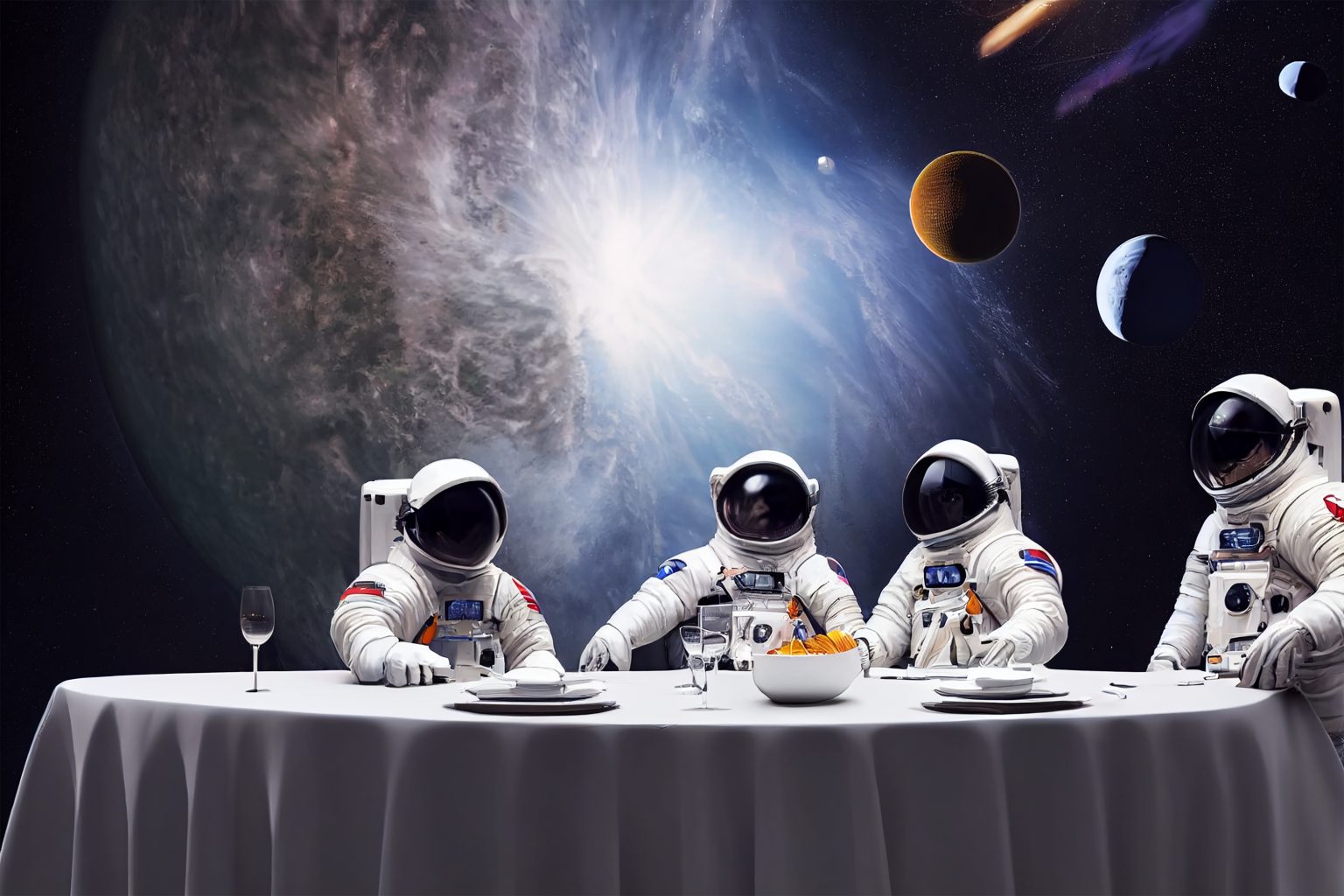The Canadian Space Agency alongside Impact Canada has conferred the C$380,000 Deep Space Food Challenge’s grand accolade to Ecoation and Maia Farms. Their innovative CANGrow food system was distinguished amongst four contenders in the final, third phase of the contest.
“What started out as a starry-eyed childhood dream to grow food on the moon has become reality today,” Gavin Schneider, the Chief Executive Officer and Co-founder of Maia Farms, shared. “More ambitious human space exploration will require the use of food production systems in space, and this project addresses a key need to fuel our journey beyond our planetary boundary.”
In partnership with the National Aeronautics and Space Administration (NASA), the challenge sought innovative food technology solutions to nourish a quartet of astronauts throughout a three-year, round-trip mission. The assessment criteria focused on the entrants’ ability to maximise food output while minimising resources and waste, their capability to produce “a variety of palatable, nutritious and safe foods,” and the potential to bolster food availability on Earth.
“As humanity ventures further into our solar system, new challenges, such as access to nutritious food, will arise for astronauts along their journey,” François-Philippe Champagne, the Canadian Minister of Innovation, Science, and Industry, stated. “Advances in space science and technology can unlock promising solutions to improve food security on our planet.”
The CANGrow system, a collaborative effort between Ecoation’s autonomous climate control and machine vision-based crop management technology and a unique mycelium protein from Maia Farms, is reputed to yield over 700 kg of food annually within a compact unit, comparable in size to a wardrobe. This technology comprises four chambers designed for cultivating crops like dwarf tomatoes, strawberries, and lettuce, each fitted with adjustable LED lighting for photosynthesis and a UV-treated hydroponic system for enhanced irrigation efficiency. A special fifth chamber is dedicated to Maia Farms’ CanPro mycelium protein and its accompanying bioreactor system.
“In order to create a self-sustaining system that meets astronauts dietary and nutritional needs, we needed to crack the code on a protein that offered the taste, texture, and performance of an animal-derived protein,” Schneider articulated. “CanPro is our answer: not only is it easily digestible, it has a neutral taste and chews like meat.”
Moreover, CANGrow operates on standard 120-volt power and is compatible with typical three-quarter inch garden hoses, enabling swift deployment in remote, underprivileged, and disaster-impacted areas on Earth.
The competition’s final round also featured a nutrient-generating yeast strain from Concordia University, a controlled environment plant growth chamber from the University of Guelph, and an environment conducive to cultivating protein-rich crickets from McGill University.
The concurrent challenge by NASA for US participants is progressing, with the phase 3 victors to be unveiled in August of this year. The leading team will be endowed with $750,000, and two runners-up will each receive $250,000.
